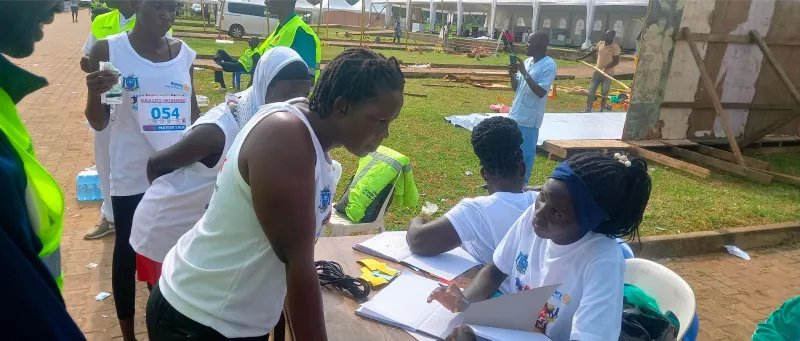
Gulu City’s October Festival began with a high-energy marathon aimed at promoting the region’s tourism on both national and international levels. The week-long event, which kicked off on Monday at Kaunda Grounds with a mayoral run, drew over 1,000 participants competing in 5 km, 10 km, and 21 km races.
While the event showcased spirited competition — particularly from students of Gulu University, Sacred Heart Girls’ Secondary School, Bishop Angelo Negri College, and St. Joseph’s College Layibi — the 21 km race was overshadowed by accusations of mismanagement at the results desk.
Ambrose Opiyo, 21, a former student of Negri College who dropped out in 2022, completed the 21 km run in 1:15:01, arriving among the top finishers. However, his performance was excluded from the official rankings because he lacked a registration number. Visibly fatigued and short of breath, Opiyo approached the results table only to be turned away.
One of the officials at the desk told him, “The marathon is only for those who registered. You are not a participant for this marathon; wait for the upcoming one.” Opiyo, clutching a water bottle, attempted to plead his case, but the verdict remained unchanged.
“I wanted to run and find an opportunity to go back to school and sit for the Uganda Certificate of Education,” he lamented, visibly dejected as he sat beside the track.
A similar situation involved Tonny Onono, a Gulu University student and a 2022 Japan Marathon representative for Northern Uganda. Despite finishing second with a time of 1:20:15, his achievement was not officially recorded.
Another contested outcome involved Geoffrey Ocaka, a 41-year-old police officer from Pader District. Although ushers awarded him third place after clocking 1:28:10, he was later listed as fourth in the official results. The official 21 km men's podium placed Simon Akera from Amuru District first, and Felix Opiyo from Gulu District second.
Despite the controversies, other races concluded smoothly. The 10 km men’s event saw Emmanuel Rwotokonya from Bishop Angelo Negri College win gold in 30:05:25. Gulu University student Obedi Jacob followed closely in 30:17:02 for silver, and Nicholas Acire of St. Joseph’s College Layibi claimed bronze with a time of 30:37:03.
In the women’s 10 km category, Sacred Heart Girls’ Secondary School performed strongly. Winny Acayo won gold with a time of 39:20:45, followed by her schoolmate Lamunu Nelly, 18, who came second in 42:18:05. Another student from the same school, 12-year-old Winny Ayat, finished third in 42:25:00.
For athletes with disabilities, the 10 km wheelchair race also highlighted exceptional talent. Four-time champion Richard Ocira maintained his dominance, winning first place. Denis Ojara and Christopher Ojok finished second and third, respectively. In the women’s division, Pauline Acayo secured gold, while Florence Acen and Lona Lanunu took silver and bronze.
Asked about the disputed results, Geoffrey Otim Dawa, the Council of Sports representative and team leader for the event, commented: “If they didn’t register, they aren’t participants. But if the results changed from the recording table and accolades have already been given, I can’t change anything now.”
Meanwhile, Gulu City Mayor Alfred Okwanga expressed confidence in the festival’s broader mission. “Our targets, our objectives, and our outcomes will be achieved. Tourism is part of the National Development Plan Four, where we aim to increase our income tenfold. For Gulu City, we have taken off, let us embrace it,” he stated.
Approximately 2,000 people attended the festival’s opening day, including mayors from Hoima, Mbale, and Lira. Lira City Mayor Sam Atul emphasized the economic promise of tourism, noting that increased investment in the sector could support Uganda’s goal of becoming a money economy.
The festival is projected to attract around 35,000 participants globally. Among them are about 600 German nationals who have reportedly booked flights to attend the inaugural annual event. German visitor Sam Engel, who traveled from Frankfurt, expressed his admiration: he said he was impressed by both the vibrant youth talent and the cultural richness of the region.
Uganda’s tourism industry has made a significant post-pandemic recovery, with 2024 seeing a 7.7% increase in international arrivals and a 25.9% rise in revenue. The country welcomed 1,371,895 international tourists, about 89.2% of pre-COVID levels, thanks to intensified marketing campaigns, strategic partnerships, and enhanced investments in infrastructure and conservation.
According to the Ministry of Tourism, Wildlife and Antiquities' April 2025 report, the sector contributed UGX 6.06 trillion to the national economy and supported around 803,000 jobs in both formal and informal sectors. International receipts grew to UGX 4.8 trillion (approximately USD 1.28 billion), a notable increase from USD 1.025 billion in 2023. This represents 16% of Uganda’s total exports.
The report also stressed the importance of ongoing wildlife protection and the promotion of Uganda’s diverse cultures, positioning the country as a top destination globally. Tourism remains a central pillar in the National Development Plan IV, earmarked for its potential to create employment, uplift livelihoods, and foster inclusive growth.

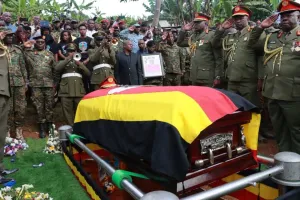
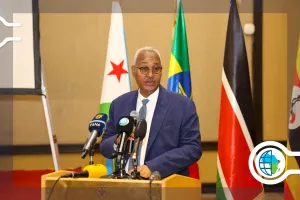
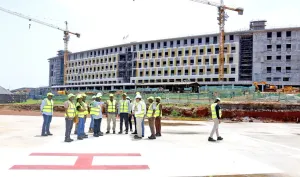

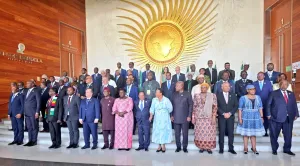





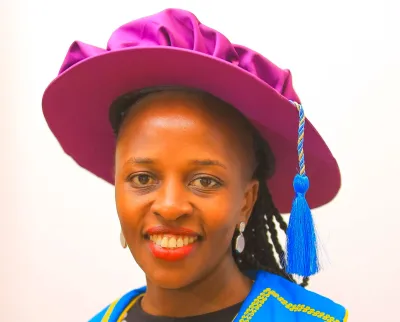
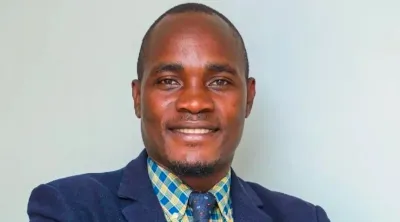
Sunrise reporter
Leave a Comment
Your email address will not be published.